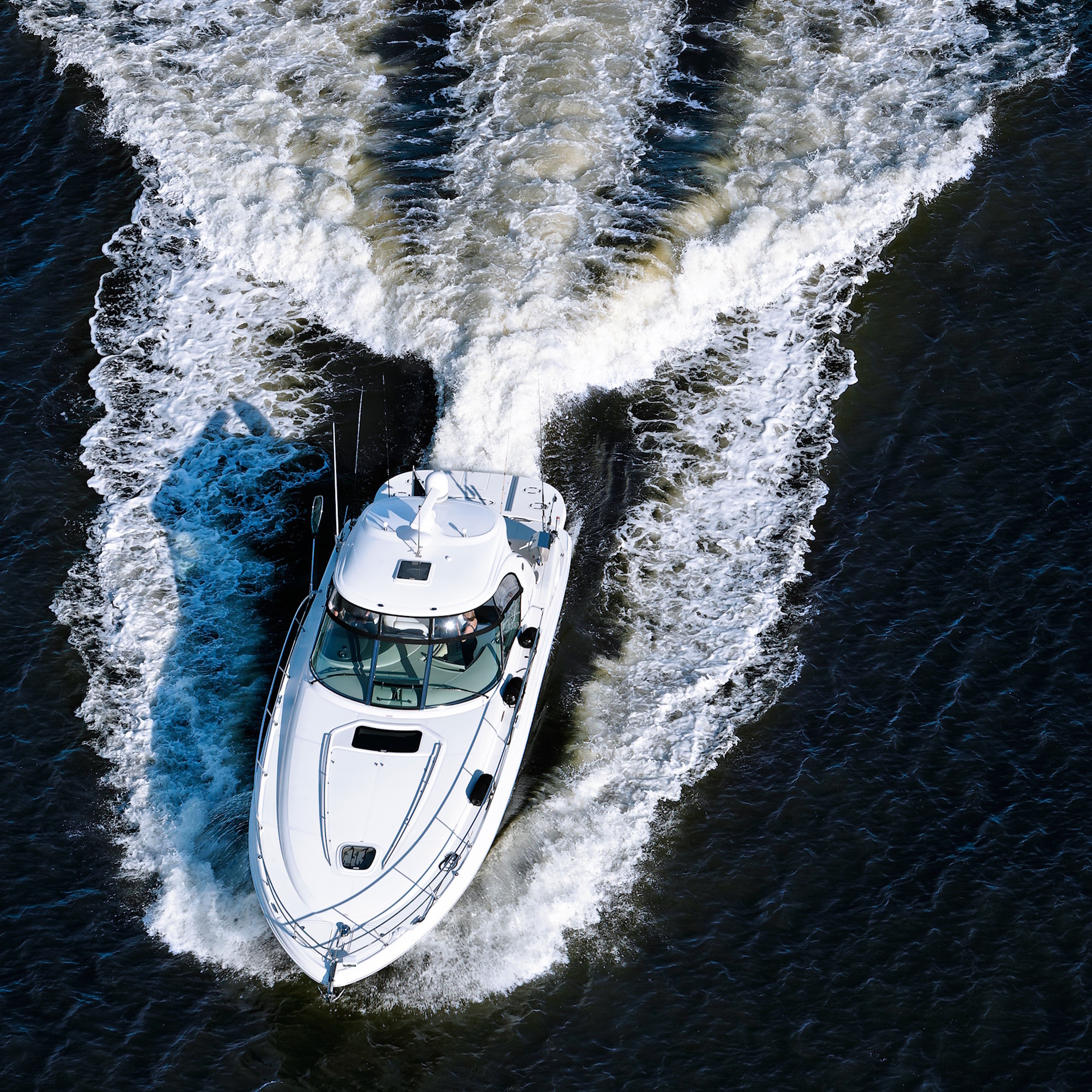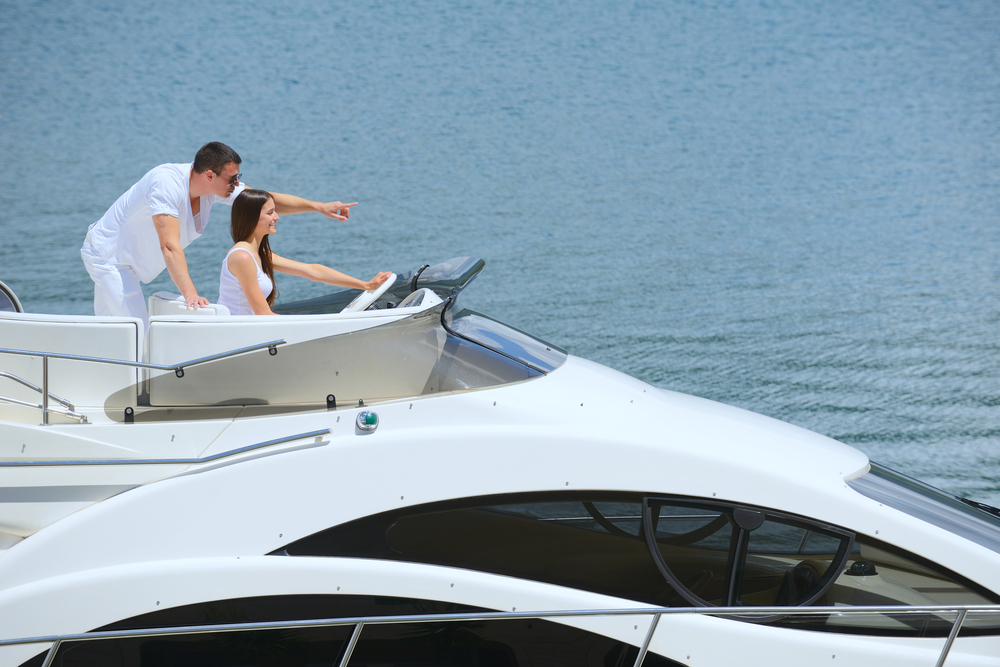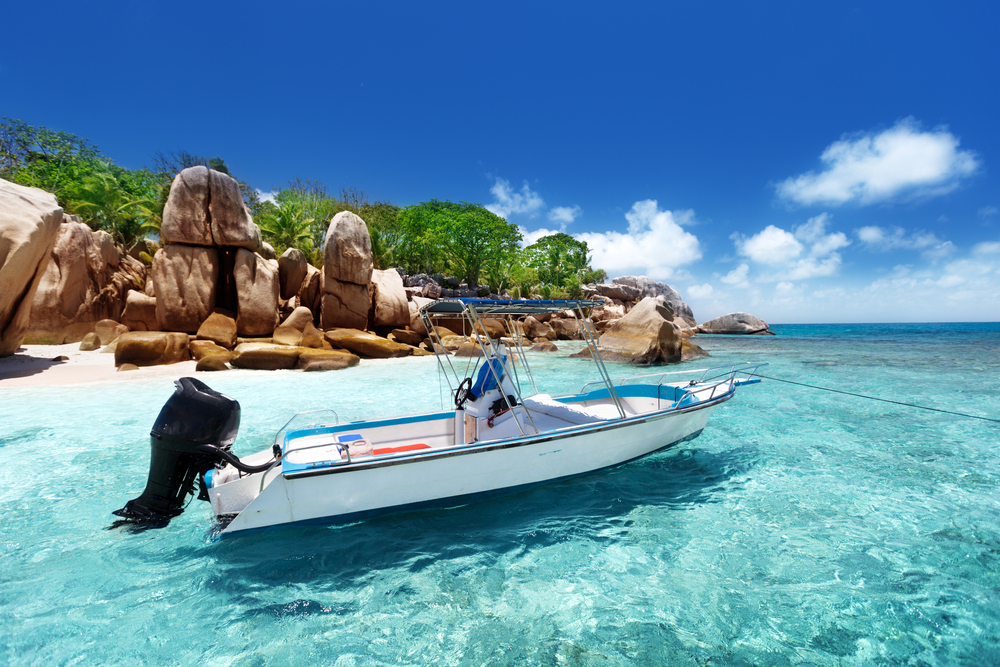Tips for Increasing the Fuel Efficiency of Your Boat
Boats aren't exactly the most fuel-efficient vessels on the planet. In fact, boats aren't even measured in miles per gallon, like cars are. Instead,...

The good news this year is that gas prices are likely to be lower for the fourth consecutive year. So that will save boat owners some money. Boats are expensive to take care of, and every little bit helps.
There are some simple things you can do to maximize your savings, to cut down on your fuel bill without cutting down on your time out on the water.
 Just like with cars, the heavier the boat is, the more gas is burned to move it. While it’s always advisable to ditch excess cargo and supplies, boats can also take on extra water weight. Ten gallons of water weighs an extra 83 lbs; so as you can see, extra water weight can add up quickly.
Just like with cars, the heavier the boat is, the more gas is burned to move it. While it’s always advisable to ditch excess cargo and supplies, boats can also take on extra water weight. Ten gallons of water weighs an extra 83 lbs; so as you can see, extra water weight can add up quickly.
One novel idea is to install a watermaker. Those enable you to keep less water in your storage tanks. If you normally keep 100 gallons there, the watermaker would save you over 400 lbs of weight.
In addition, be sure to check your pontoons. Water has a way of finding its way into places like that over time.
Ditching the extra water weight makes your boat lighter, faster, and saves on fuel.
Whether you run gas or diesel, a good multifunction fuel treatment is an essential part of preventive maintenance for your boat. You spend $$$$s on your boat to begin with, so dropping an extra $20 or so on something that’s going to keep your engine clean and humming in tip-top shape seems like a worthy investment. Boats are just like cars – a dirty engine will jack up your fuel usage by 5% or more. You can reclaim that loss pretty easily by treating the fuel.
Boaters will idle their craft for different reasons – running through quiet residential zones or even just to cut down on noise so they can enjoy a conversation. Idling burns fuel at a faster rate and flushes money down the water. Sometimes you have to do what you have to do. But when you take a hard look at your normal marine practices, you can probably figure out sometimes when you can minimize this.
When you’re driving, experts say 50-55 mph is that magic tipping point where you start to trade off fuel economy for speed. With boats, it’s 1800 rpm. Cutting your speed down, especially on short times, can save you big bucks at the pumps. A 10% speed reduction could save your 20% in fuel costs; reducing your speed by just 1-2 knots can save you up to 50%. That’s nothing to sneeze at.
Also pay attention to how you plane your boat. The faster it gets on plane, the less time it spends displacing water and burning more fuel. But you should resist the temptation to hammer down the throttle to get there. Instead, bring it up to speed at a quick and steady pace.

Boats aren't exactly the most fuel-efficient vessels on the planet. In fact, boats aren't even measured in miles per gallon, like cars are. Instead,...

No matter what kind of boat you own, if you’re like most boat owners you want to squeeze out as much horsepower from it as possible.

Many boat owners are sad that for so many months of the year, boats are just sitting in driveways or boat yards. But never fear, because these...